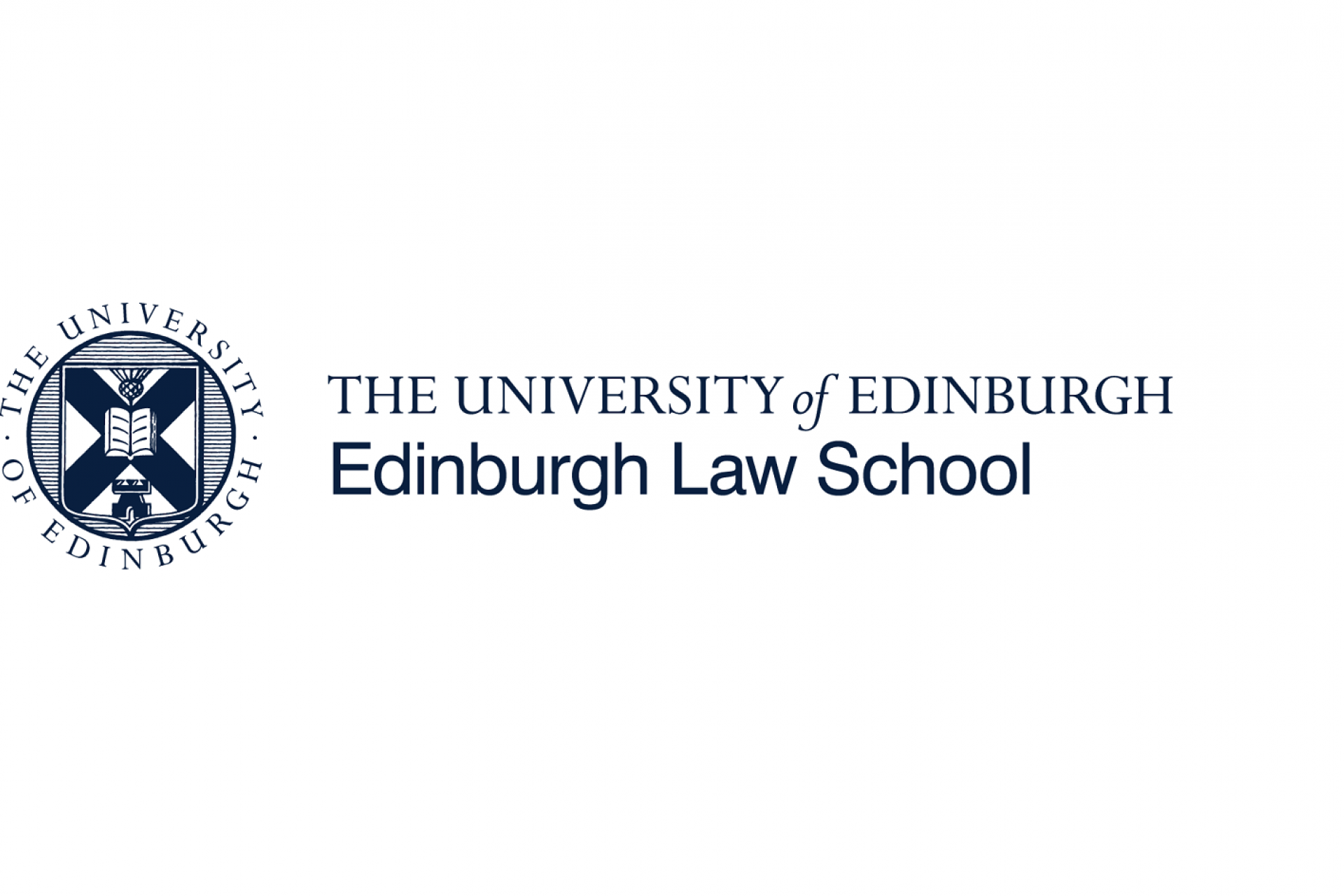Interdisciplinary Workshop on the Theme of 'Global Un-Governance'

Location:
Old College
South Bridge
Edinburgh
EH8 9YL
Date/time
-
Thu 08:30-17:00
Fri 09:30-13:00
The Edinburgh Centre for International and Global Law
Global Un-Governance
Global knowledge practices are being reorganized around an increasing acceptance of ignorance, and of the fundamental unthinkability of key objects of governance, such as the ‘polity’, the ‘market’, and the ‘rule of law’. If the practice of governance is in some sense bound up with the production of shared descriptions of the world, what does governing become when it is impossible to produce descriptions of the world which can be experienced ‘in common’ in any meaningful way. Unknowability in this telling is not imagined as a constraint on, a challenge to, or the outer limit of, practices of collective governance, but rather as its unavoidable context, its necessary condition and the consequence of its utopian ambition to govern the globe.
We don’t have a good vocabulary for thinking and talking about these practices of governance, or for grasping their consequences as they are put into action. It appears to involve above all giving form to negative aims – the active undermining of claims to authoritative knowledge, the denial of the possibility of shared realities, the indefinite deferral of foundational questions, the decentring of the polity as the foundation of legal order – precisely as a way of facilitating collective and cooperative action of a certain sort. We could, for now, call it “un-governance”.
The purpose of this two-day workshop is to explore contemporary modes and spaces of ungovernance.
What is un-governance? Who un-governs whom? How, precisely, does ungovernance work in practice? What are the characteristics of its forms of knowledge and action? What sort of legal and spatio-political forms does it produce, how, and to what effect? What relationships of authority and governing power are already presupposed in the contexts in which “un-governance” unfolds? How prevalent are its practices and knowledge forms, and how significant? What are the particular historical and social contexts in which they have emerged, and what can we say about their conditions of possibility? What are the political stakes and distributional consequences of modes and means of un-governance? What is its connection with political and legal norms: is normative restraint of power a feature of un-governance? How do they relate to other modes of governance – are they, for example, a type of governance with their own politics, or a new way of understanding the landscape of contemporary governance? What methods are appropriate for studying them, and what techniques are available for evaluating them?
For further information, and to register your interest in attending, please contact andrew.lang@ed.ac.uk
Conference Programme
DAY ONE (23 May)
8.30-9.00 Arrival, coffee, welcome
9.00-10.30 Panel 1
Jan Pospisil, ‘The Un-governance of Peace: Evolving Frameworks of Transitional Patchiness in Contemporary Armed Conflict’
Zina Miller, ‘Un-governing Justice’
Michelle Burgis-Kasthala, ‘States of Failure? Un-governance and the Project of State-building in Palestine under the Oslo regime’
Commentator: Rebecca Tapscott
10.30-11.00 Coffee
11.00-12.30 Panel 2
Stephen Humphreys, ‘‘Un-governing’ the climate’
Deval Desai, ‘The perpetual politics of rule of law reform’
Rene Uruena, ‘International Courts, Subsidiarity and ‘Not Knowing’ in the duty to prosecute human rights violations in Latin America’
Commentator: Christine Bell
12.30-1.30 Lunch
1.30-3.00 Panel 3
Andrew Lang, ‘Keeping the rules in play: the OECD’s regulatory policy initiatives’
Robert Wai, ‘Transnational Private Law Un-governance’
Ben Hurlbut, ‘The Agile and the Obsolete: Un-governing Technological Futures’
Commentator: Amy Cohen
3.00-3.30 Coffee
3.30-5.00 Panel 4
David Chandler, ‘Un-governing the Anthropocene’
Kerry Rittich, ‘Un-governance meets governance: nodes and strategies in practices of power’
Sheila Jasanoff, ‘Thinking the Unthinkable: Towards a Postmodern Politics of Global Governance’
Commentators: David Kennedy
Evening: Wine reception at conference venue, followed by conference dinner for speakers and commentators at Michael Neave Kitchen and Whiskey Bar
DAY TWO (24 May)
9.30-11.00 Panel 5
Keith Breckenridge, ‘Engineering Un-governance: Biometric technologies designed to surpass the regulation of unsecured credit in Kenya and South Africa’
Gavin Sullivan, ‘Epistemic Infrastructure and Global Security Un-governance: Countering Terrorism and Online Extremism’
Sotiria Grek, ‘Fabricating Ignorance: International Organisations and the Numerical Construction of an Un-governable World’
Commentator: Nehal Bhuta
11.00-11.30 Coffee
11.30-1.00 Panel 6
Geoff Gordon and Dmitri van der Meerssche, ‘Cultivating Machers: The utility of unthinkable governance’
Hilton Simmet, ‘(Un-)governing Human Capital: The Making of the Economic Expert’
Rebecca Sutton and Caroline Compton, ‘Law, Logic and Performance in Humanitarian Practice: Imagining Emergencies in War and Natural Disaster Contexts’
Commentator: Cedric de Coning
1.00- 1.30 Lunch and wrap up